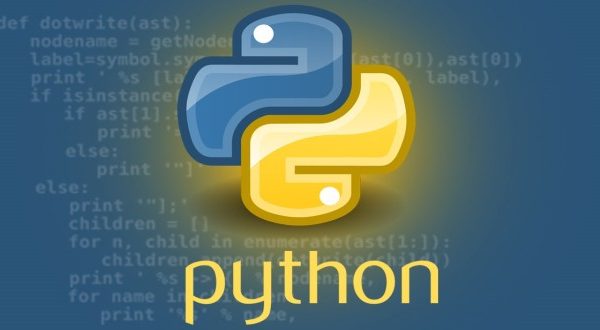Handling Unix Signals in Python

UNIX/Linux systems offer special mechanisms to communicate between each individual process. One of these mechanisms are signals, and belong to the different methods of communication between processes (Inter Process Communication, abbreviated with IPC).
In short, signals are software interrupts that are sent to the program (or the process) to notify the program of significant events or requests to the program in order to run a special code sequence. A program that receives a signal either stops or continues the execution of its instructions, terminates either with or without a memory dump, or even simply ignores the signal.
Although it is defined in the POSIX standard, the reaction actually depends on how the developer wrote the script and implemented the handling of signals.
In this article we explain what are signals, show you how to sent a signal to another process from the command line as well as processing the received signal. Among other modules, the program code is mainly based on the signal module. This module connects the according C headers of your operating system with the Python world.
An Introduction to Signals
On UNIX-based systems, there are three